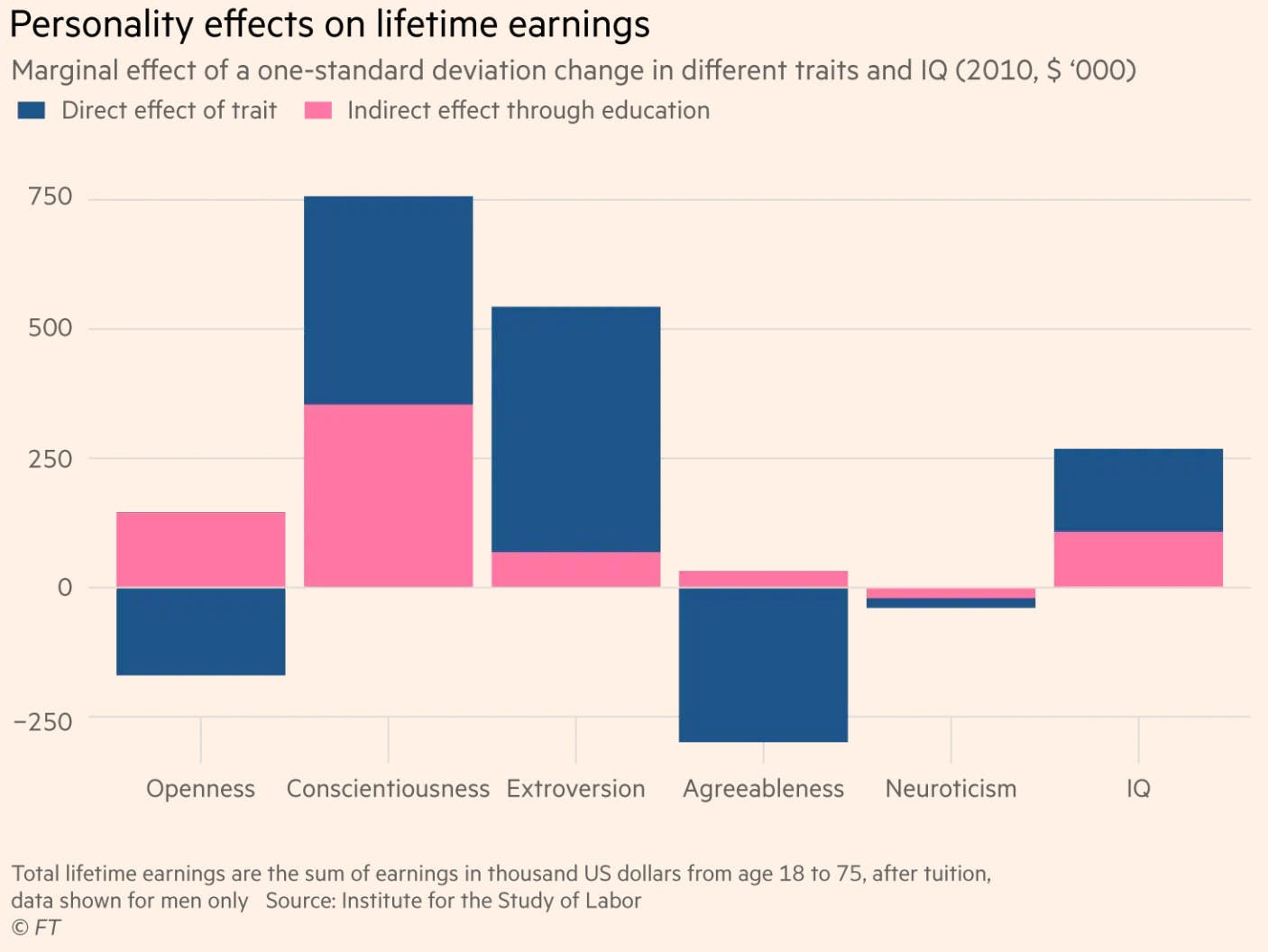HRHeadStart #10: Performance / Personality vs. Pay; The "Suitcase" Problem
The Talent Agenda
If you go out and survey a random group of business/HR leaders and ask them the top factors that determine pay for employees, it is likely that you will find "individual performance" at the top of the list. There are a number factors that can affect pay e.g. organizational performance, labour market conditions, individual performance, occupation, job analysis/value, education, experience, seniority, cost of living, gender, minimum wage rules, other regulations, unions' influence etc., but you find that individual performance-linked pay is the most common way most leaders describe their pay philosophy. But, researchers have argued that the wage increases have not kept pace with productivity increases over the last few decades in many countries. It seems that productivity gains went to higher-paid corporate/professional jobs and shareholders. Also, implementing performance-based pay effectively is getting harder for a few reasons. Firstly, in many types of jobs, it is getting harder to separate out individual performance from the contribution of others and it is hard to determine an objective measure of performance. Next, in some instances, performance-based pay can lead to unhealthy levels of competition between employees. When employees see compensation as a zero-sum game, it is possible that collaboration can take a back seat. Finally, many contemporary approaches simply fail to meaningfully differentiate individual performance through compensation outcomes. If a high performer is handed a 4% increment and an average performer gets 3%, are we creating a strong enough incentive for performance? Check out this insightful post to explore this issue further.
On another note, economists recently mined data from a longitudinal study running over a 100 years to understand the link between personality traits and pay.
"Conscientiousness has the biggest effect on earnings, according to Bonn’s Institute of Labour Economics. Lifetime earnings for participants were almost $750,000 higher for men who are one standard deviation more conscientious. But about half of that is a result of greater educational attainment. Stripping out education, extroversion is the best-rewarded trait. It adds almost $500,000 to lifetime earnings."
Working Better
For a large part of my childhood and youth, suitcases looked like the above picture. It was something that you lifted horizontally and, importantly, it had no wheels - meaning you gave yourself a workout whenever you were on the move! Then someone suggested to turn it 90°, add wheels at the bottom and attach a retractable handle and, voila, life got easier! It's the same thing, but someone viewed it differently. In early parts of our careers, we are often learning the ropes and following instructions, but at some point, you need to start finding the "suitcases" in your organizations that need wheels. It's a mindset and skillset shift and you need to start asking "What could we make simpler, faster and better, even if we retain its essence?".
A Productive Workout
A workout is a great way to create mindspace for processing and learning new ideas. And it primes you for creative thinking. For your next walk, run or workout session, hear from Dave Ulrich, one of the most prominent voices on the future of HR. In this wide-ranging conversation with fellow HR professional from Singapore, Anish Lalchandani, you can learn about Dave's perspectives on organization transformation, leadership, workforce transformation, talent management etc. Grab the links Apple Podcasts, Spotify
Tiny Thought
When faced with a choice between doing the right thing and being kind, choose kind. Always.
It will create the right outcome. Always.



